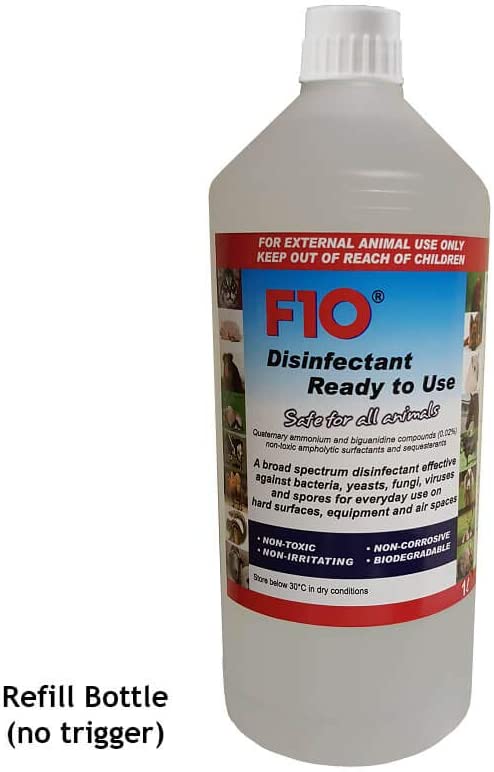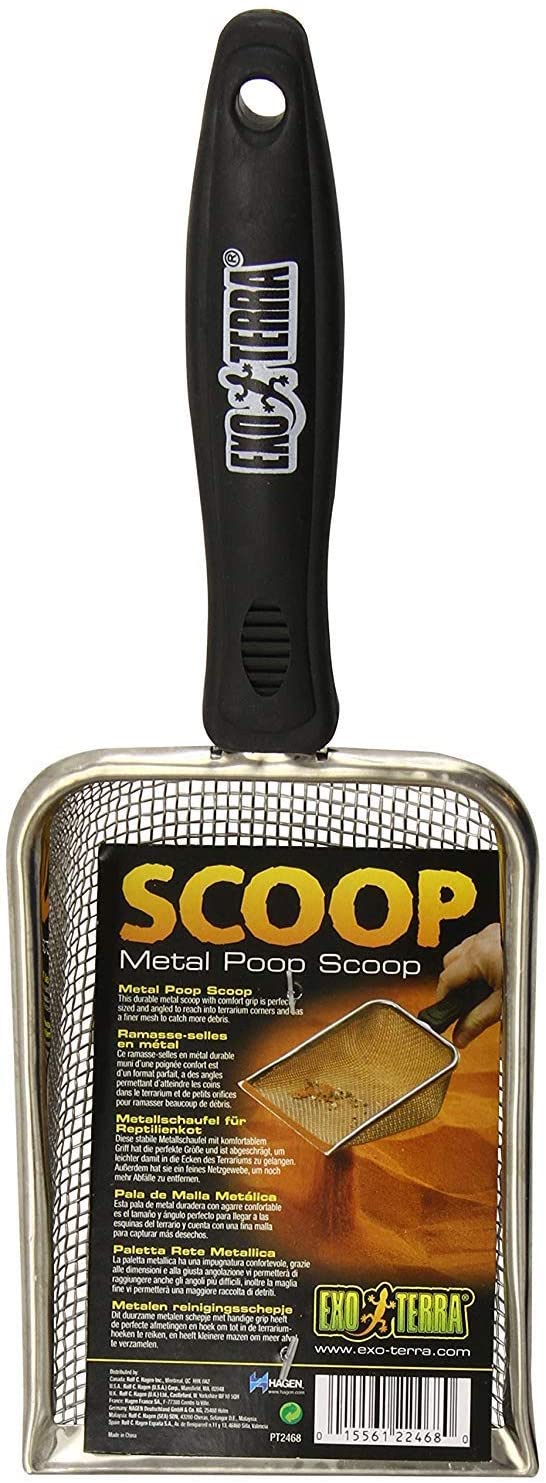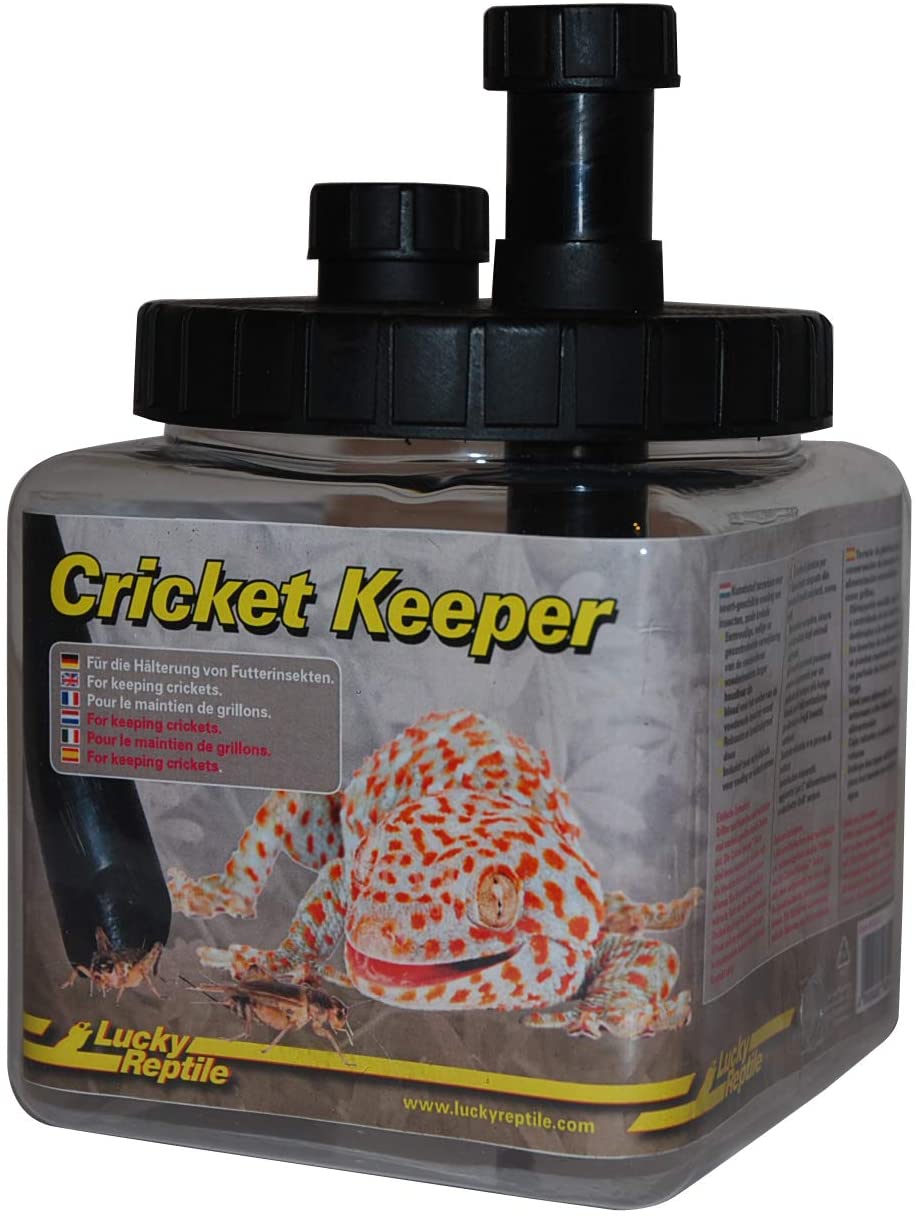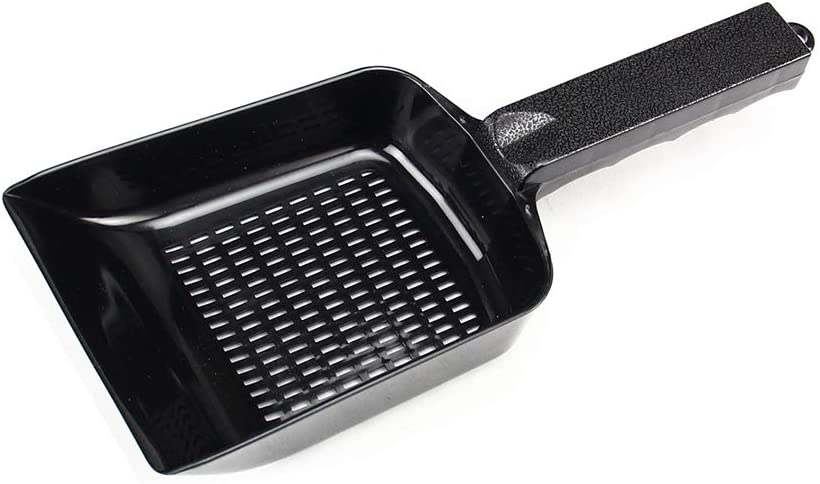
Vivarium Cleaning & Accessories
A clean living space makes for a happy reptile and, with this in mind, we stock a vast array of cleaning products to keep vivariums safe and comfortable, from fresh bedding to antibacterial sprays.
Reptile health – sickness symptoms

From snakes and lizards to tortoises, there are plenty of reptile species that make wonderful pets. In fact, these cold-blooded animals can make incredibly engaging, interesting and charming pets for those with the time to dedicate to them!
Like with all pets, all types of reptile have their own unique health needs. As they’re a little more unusual than more typical pets, like cats or dogs, it’s important to get to know as much as you can about your chosen reptile’s health needs – both before you bring them home and throughout their lifespan. While each individual reptile will have their own requirements and needs, there are some common symptoms to look out for across all reptile species. To help get you started with learning more about your pet, we’ve listed some of the most common sickness symptoms below.

Loss of appetite
Like with all pets, a loss of appetite in your reptile could suggest that something isn’t quite right. A good place to start is to make sure that your pet is happy in their environment. Stress can lead to a range of health symptoms, including weight loss and a loss of appetite.
If your reptile’s environment is ideal for their needs, then it is worth speaking to your vet. They’ll be able to investigate any other potential causes of their appetite loss.


Clean N Safe Reptile 500ml
JVP
£6.99

Biological Cleaner 120ml
Exo Terra
£5.99

Disinfectant 1 Litre
F10
£15.30

Glass Cleaner 250 ml
Exo Terra
£9.99

Stainless Steel Scoop
Exo Terra
£11.28

CK 1 Cricket Keeper
Lucky Reptile
£19.00

Biological Cleaner 250ml
Exo Terra
£10.77

Fish net PREMIUM 12 cm
JBL
£2.99

Litter Cleaner Scoop x 2
KEBY
£4.42
Change in behaviour
![[object Object]](https://i1.adis.ws/i/petsathome/gecko.jpg?qlt=50&w=400)
Behaviour changes can be another symptom of an underlying problem and it’s a good idea to get to the bottom of why your reptile is behaving differently as soon as you can. For example, if your reptile becomes very reluctant to move, it could indicate that they are feeling stressed or ill. If they become very scared or feel very threatened, they may even attempt to bite. It’s not always easy to tell if your reptile is sick, which is why taking note of these types of behaviour changes is really important.
Skin shedding
A lot of reptiles will shed their skin regularly and it’s usually nothing to worry about but it is a good idea to find out what’s normal for your chosen reptile species. For example, snakes tend to shed their skin as a whole piece rather than in smaller patches. If you notice something out of the ordinary when it comes to your reptile’s shed, it’s likely to mean that there could be a problem. Using that snake example again, if you notice that your snake sheds in smaller patches and is taking a much longer time to shed their skin, it could be a sign that there could be an environmental change needed, such as providing a humid shedding hide.
Difficulty breathing

Like us, reptiles can be prone to respiratory infections. If you notice that your pet is having trouble breathing, there’s discharge around their mouth and nose and that they generally seem unwell, it could be a sign of a respiratory infection. It’s always best to see your vet if you’re concerned.
Oral health problems
Inflammation of the mouth is another common symptom in a lot of different reptiles. It can be serious if left untreated, so it’s important to keep an eye out for any inflammation, discharge or swelling around your pet’s mouth. You might also notice that they have trouble eating and breathing. If your reptile does have mouth rot, your vet will be able to advise on the best course of treatment.






